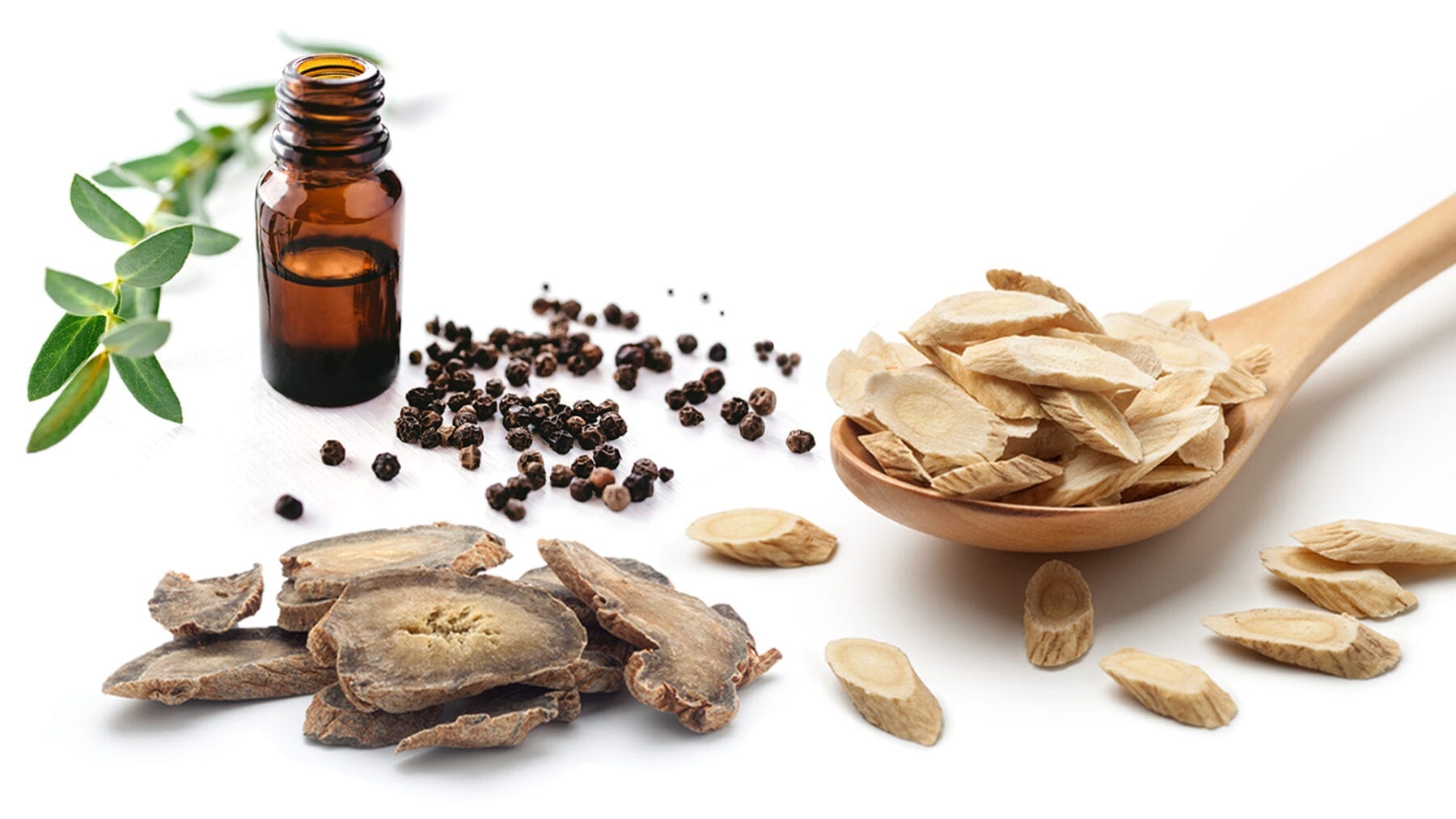
Written by Dr. Callista Chinenye Emecheta
May 4, 2021
CATEGORIES
View All
BioWOW Foods® Safety/Quality
Full-Body Workouts
Healthy Eating
Joint Health
Self-Care Strategies
Supplements Guide
Featured Videos
Wouldn’t you consider making a few changes to your diet if it would prove beneficial to improving your sleep?
Well, in that case, this may be your chance to make that happen. Let’s find out how the choices we make regarding food may be affecting the quality of sleep we get.
1.) Saturated Fatty Foods
Foods rich in saturated fatty acids, such as burgers, pizza, and burritos may (understandably) be tempting, but they may be harming your sleep, especially when eaten just before bed.
Even when eaten during the day, meals that have a high concentration of saturated fat can negatively affect not only the quality of your sleep but also your cognitive abilities. This is because it leads to less time spent in the relaxing stage of sleep (non-REM), which is also usually when the brain consolidates on things learned during the day. Therefore, learning ability might be reduced by anything that adversely affects your non-REM sleep.
2.) High Protein Dinners
There seems to be some confusion regarding proteins and sleep. Even though proteins generally help you get to dreamland quicker, what is more, important to know is that this largely depends on what the protein comes with.
High-protein foods that equally contain high levels of saturated fat, such as fatty beef and pork, lamb, skin-on poultry, whole milk, and cheese are more likely to delay your sleep time. Other protein options such as skinless poultry, fish, lean beef, and skim milk are better choices when it comes to sleep benefits.
3.) Chocolate
We’re all well acquainted with the fact that when it comes to getting more sleep, Caffeine is not the best. But do you also know that our beloved chocolate is no saint? Caffeine is one of the components of dark chocolate and has the ability to enhance arousal, delay that “shutting down” feeling, and also reduce the amount of time spent in non-REM sleep, which is the most relaxing stage of sleep.
4.) Spicy Foods
Spicy foods might be a good choice for a quick metabolism boost, but they’re not so great when you want to fall asleep afterward. Spicy foods such as Chili, Tabasco, and Cayenne, contain capsaicin, which can worsen the symptoms of heartburn (GERD) or trigger these symptoms in persons who are sensitive to it, leading to fragmented sleep. Also, as capsaicin has the effect of raising the core body temperature, it counteracts the normal decrease in temperature that takes place before sleep ensues.
5.) Acidic Foods
Highly acidic foods, such as citrus fruits, tomatoes, marinated olives, pickles, yogurt, milk, and cheese are notorious for their capacity to cause heartburn in sensitive individuals, disrupting sleep in the process. These foods may not all be bad for one person, however. However, it’s important to take note of what kinds of foods trigger your symptoms so that you can avoid them subsequently.
6.) Coffee, Caffeine, and Soda
This one is a bit obvious. Caffeine delays sleep onset by interfering with the body’s circadian rhythm (sleep-wake cycle). It not only delays it but reduces the efficiency and the satisfaction derived from it. Alongside their Caffeine content, the high-sugar content of sodas may also reduce sleep duration in both children and adults. They also make it more difficult to maintain sleep when it comes.
7.) Water
Surprised? You shouldn’t be! Urine output is significantly reduced at night in healthy adults in order to reduce the need to wake up to go to the bathroom. Consuming large quantities of water before bedtime results in fragmented sleep, making a good night’s rest harder to achieve.
References:
1.) https://www.sciencedaily.com/releases/2016/01/160114213443.htm
2.) https://www.ncbi.nlm.nih.gov/pmc/articles/PMC4702189/
3.) https://www.sciencedirect.com/science/article/pii/S0896627304005409
4.) https://www.hopkinsmedicine.org/health/wellness-and-prevention/better-sleep-3-simple-diet-tweaks
5.) https://pubmed.ncbi.nlm.nih.gov/26899133/
6.) https://onlinelibrary.wiley.com/doi/pdf/10.1046/j.1365-2036.2000.00682.x
7.) https://pubmed.ncbi.nlm.nih.gov/26899133/
8.) https://pubmed.ncbi.nlm.nih.gov/29681250/
9.) https://jcsm.aasm.org/doi/10.5664/jcsm.5384
10.) https://www.ncbi.nlm.nih.gov/pmc/articles/PMC1550090/

Written by Dr. Wasif Yasin
General Medical Practitioner



